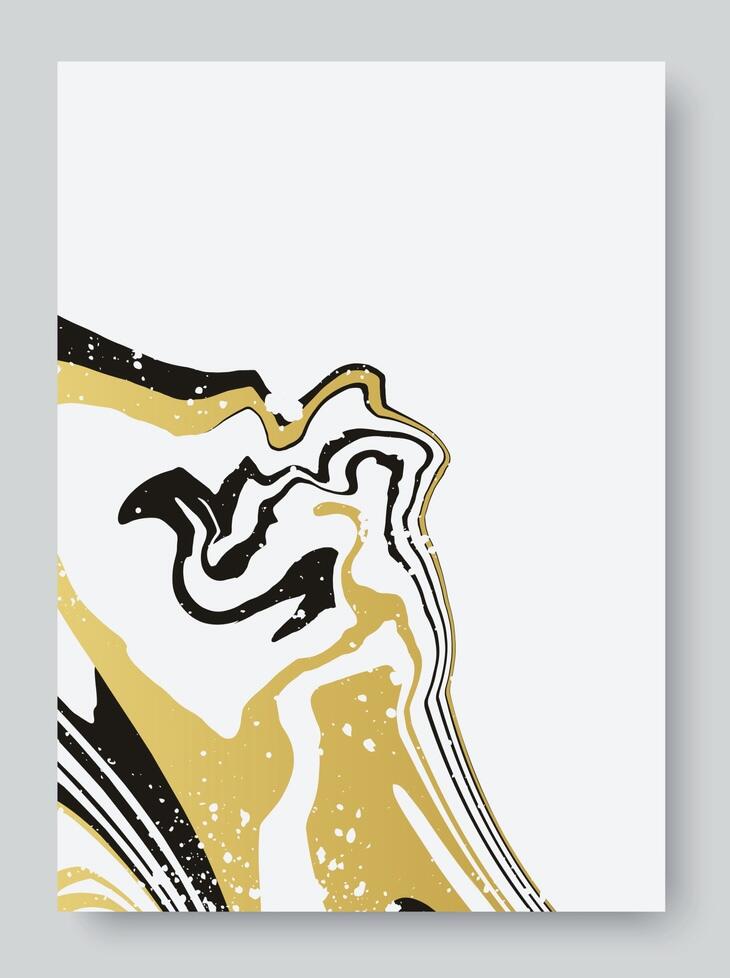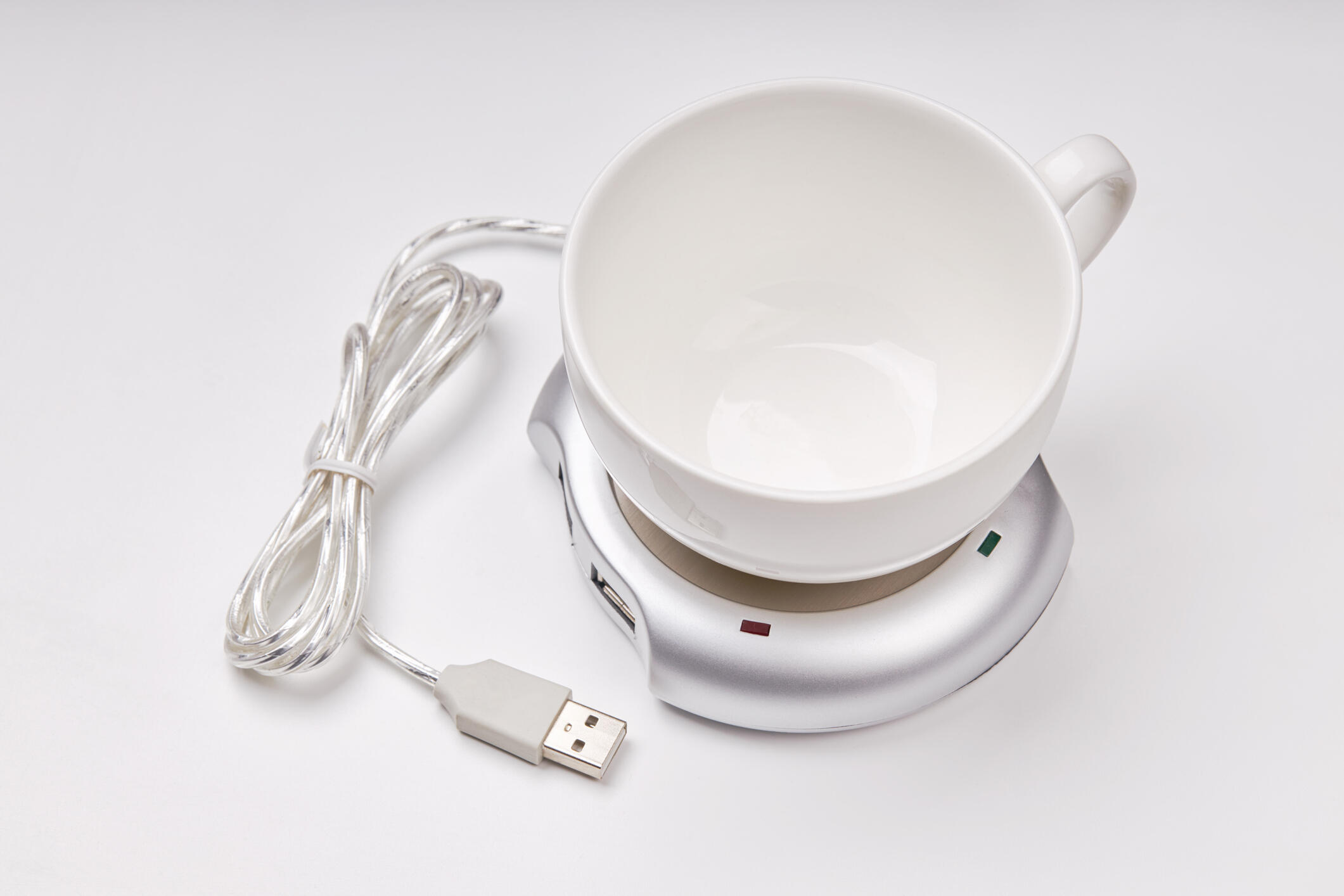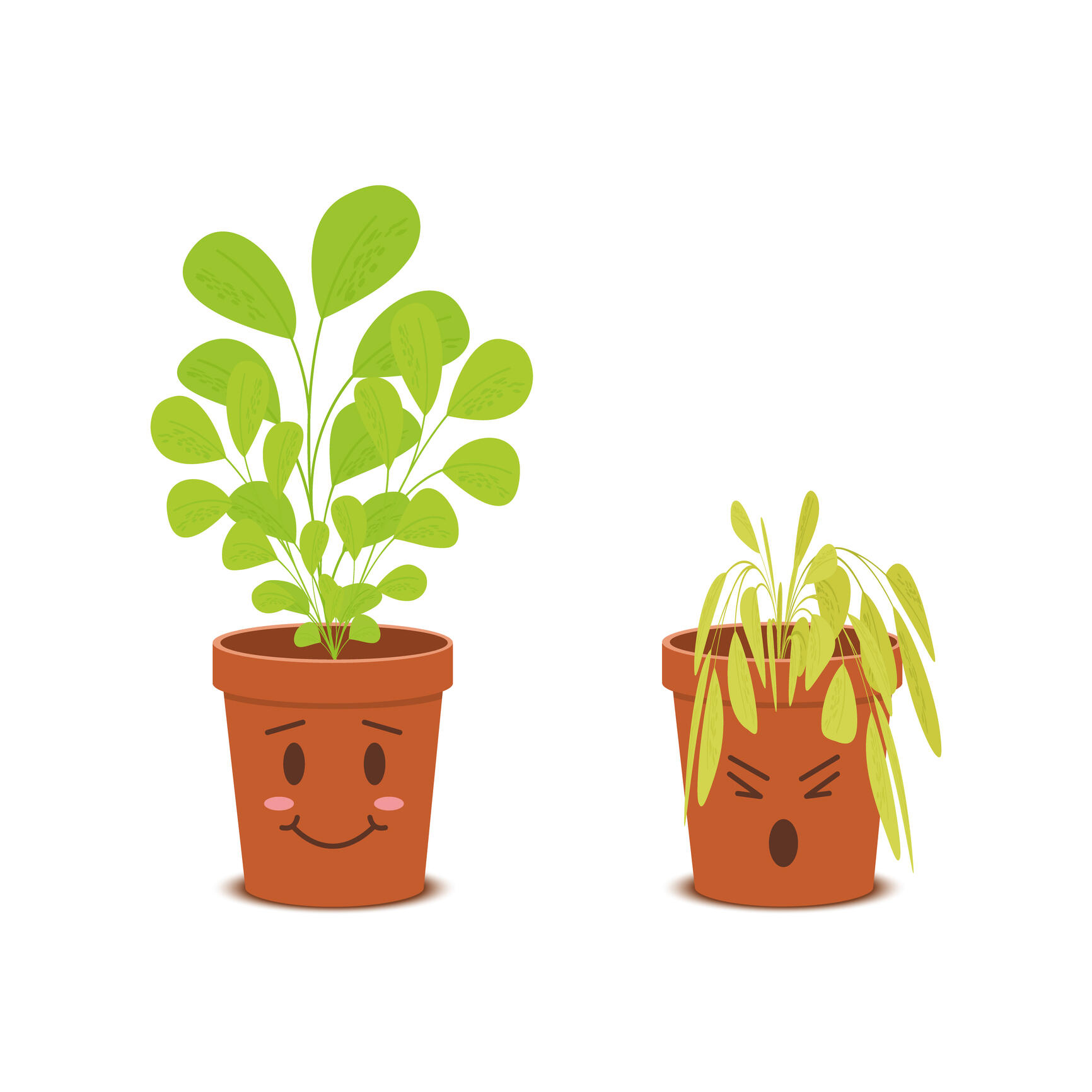
Oct. 31, 2023
Make space in your space for a bit of feng shui
Share this story
Whether or not you view feng shui – the art of arranging objects and space to achieve balance – as science or hooey, the ancient Chinese tradition has tenets that can work for everyone, says Chelcey Dunham, a Virginia Commonwealth University School of the Arts graduate student and feng shui consultant.
“Probably the main takeaway is that clutter represents obstacles in your life, and removing clutter is essential to creating a smooth flow of energy in your space and, thus, in your life,” she said.
Dunham is on track to receive her master’s degree in interior design in the spring. Throughout her career, she has owned several businesses, including a cafe, two flower shops, an event design business and a vacation cottage rental business.
“Once I graduate, I will practice a feng shui-based type of interior design that is more about using what you have versus buying lots of new stuff,” she said.
Dunham became interested in feng shui at a young age, in part because of her mother’s interest. As a young adult, Dunham moved more than 20 times and was always concerned about the flow and vibe of the spaces she occupied. In 2015, she attended a yearlong feng shui training course in New York and has since taken several other courses.

“Feng shui is important because it is so much about the user experience of a space,” Dunham said. “We spend 90% of our time inside! Our surroundings definitely have an impact on our well-being, and that is why feng shui — or a focus on user experience — is important. A space that is functioning optimally for the user has a great benefit in terms of mental clarity, success and happiness.”
Dunham offers these tips on how to apply feng shui to your work and living spaces.
Entrance to your living space
Imagine that your entrance door is the main portal to allowing positive, fresh energy/air to flow into your space. If this area is congested and/or without convenient space to hang your coat and place your bags, there is an immediate restriction of positive energy flow to the rest of the space. Additionally, a pattern of wavy lines or an image on your welcome mat, or in artwork displayed on the door itself, are decorative and effective ways to symbolize strong energy flow at the entrance to your space.
Dorm room/bedroom
Since space is so limited in a dorm room and in many apartment bedrooms, acknowledge that each item in the room is occupying valuable real estate. Everything should be something you use frequently, and everything should be something you really love or appreciate. Even if an object was appealing to you when you were shopping to set up your space, if it’s not being used or appreciated, allow it to move on. For example, you might have imagined that you would use that USB-powered mug warmer every day before heading to class with your coffee, but if you’ve only used it once, let it go (donate/sell) and enjoy the clarity of the space it leaves behind.
Feng shui’s “main takeaway is that clutter represents obstacles in your life, and removing clutter is essential to creating a smooth flow of energy in your space and, thus, in your life.”
Chelcey Dunham

Office/study area/cubicle
In addition to keeping this space organized and free of real-estate-stealing objects, a hardy plant (such as a ZZ, air or snake plant) in the far-left corner of your study area’s desk or floor will bring some natural balance to this space. Plants represent our innate and important relationship with nature, which is a helpful, subconscious reminder in an area where we are often glued to a screen. The positivity plants bring to our lives turns to negativity if they are dead or struggling, so replace sad plants with healthy ones. If you really can’t commit to minimal nurturing of a plant, a beautiful image of a tree in the same spot could offer some of the same benefits.

Subscribe to VCU News
Subscribe to VCU News at newsletter.vcu.edu and receive a selection of stories, videos, photos, news clips and event listings in your inbox.







